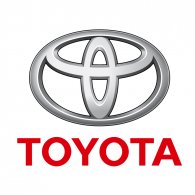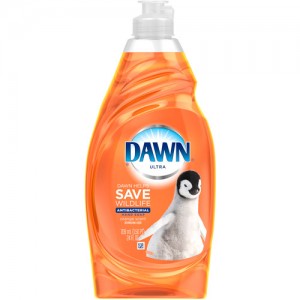Bogdan’s blog entry reminds me of a similar issue with the soap brand Dawn. His blog says that Toyota markets their sustainability and social responsibility, yet the Toyota Prius contains a chemical that causes physical harm to the villagers in the area in which it is mined. Similarly, Dawn Soaps’ advertising is deceiving. The company has produced commercials that show people bathing oil-drenched ducks using their soap. Yes, this comes off as heart-warming; however, an ingredient in Dawn products is actually toxic to water organisms.
I cannot rationalize how companies like Toyota and Dawn Soaps are able to market themselves as doing ‘good’, yet actually be harmful to people and animals. It is unfortunate that most consumers are oblivious to the business practices carried out these companies. The fact that they take advantage of our lack of knowledge regarding sourcing of products is simply unfair. I think that if people were more informed, they would be less likely to purchase products from Toyota and Dawn Soaps. Since I became aware of this issue with Dawn, I have not bought their soaps.
Why does business have to be so deceitful?





Recent Comments